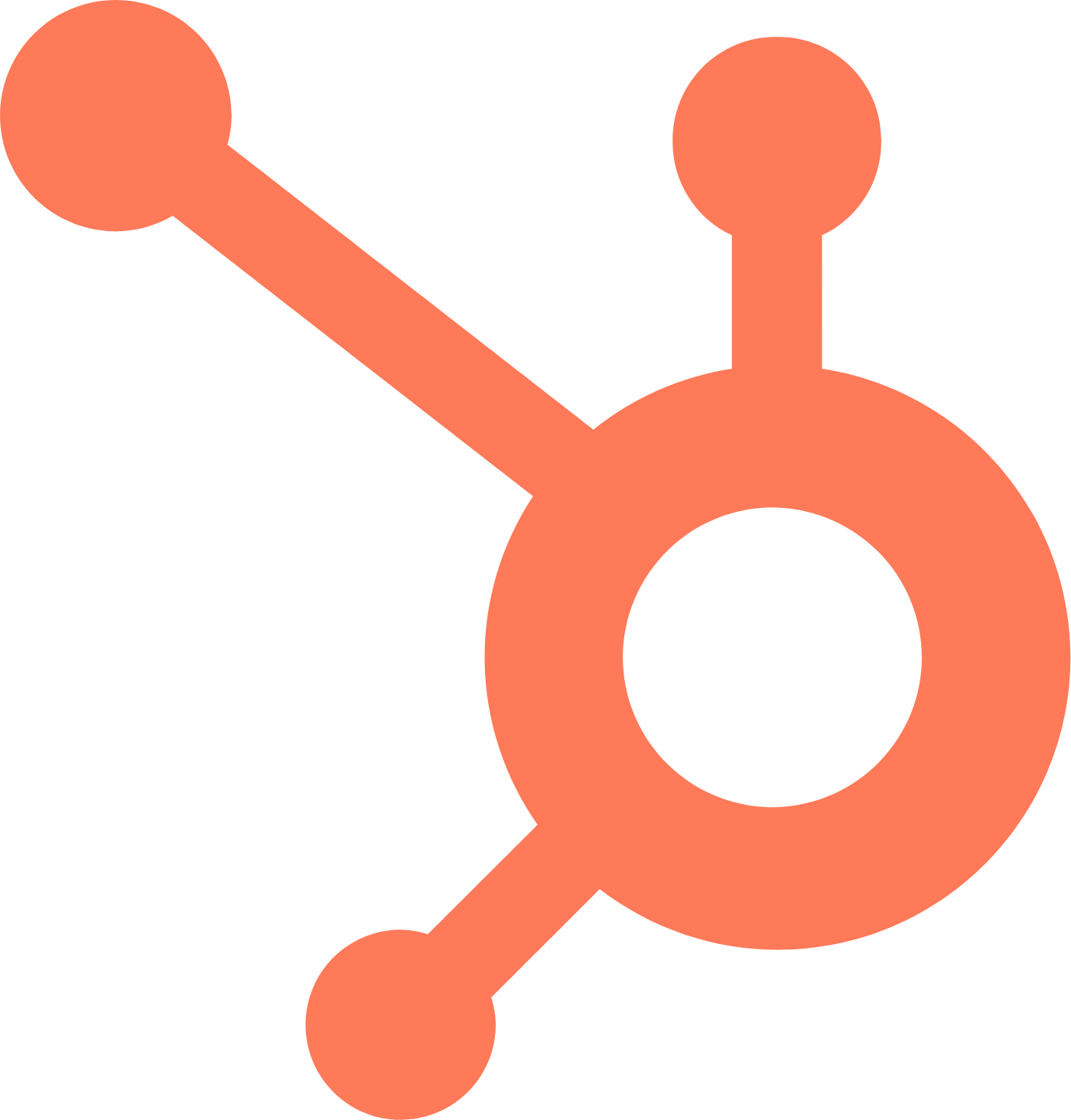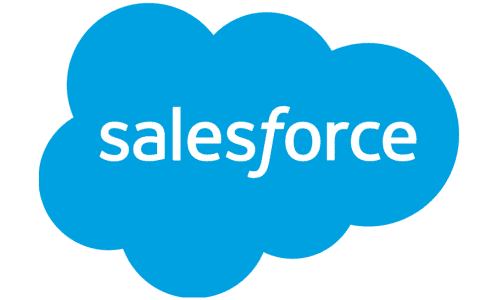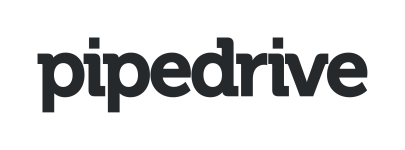Compare CRM systems
Spot the Difference
Simply select CRMs from the dropdown and explore key differences between those platforms.
Overview
Overall rating
Ease of Use
User Adoption
Robust Reporting
Deep Customizations
Top 5 Desired Features
Custom objects
Workflow Automations
Recurring Revenues Reporting
Multi-Currency
Activity History
General Features
Contact Management
Mobile Access
Task Management
Social Integration
Activity Dashboard
Alerts/Notifications
Calendar/Reminder System
Contact Database
Contact Management
Customizable Fields
Data Import/Export
Document Storage
Email Management
Forecasting
Interaction Tracking
Internal Chat Integration
Lead Capture
Lead Generation
Lead Qualification
Pipeline Management
Quotes/Estimates
Referral Tracking
Reporting/Analytics
Sales Pipeline Management
Segmentation
Social Media Integration
Territory Management
Workflow Management
Reasons users Migrate To
Reasons users Migrate From
Disclaimer: The information is taken from open resources and collected by our team.
Overall rating
Ease of Use
User Adoption
Robust Reporting
Deep Customizations
Overall rating
Ease of Use
User Adoption
Robust Reporting
Deep Customizations
Custom objects
Workflow Automations
Recurring Revenues Reporting
Multi-Currency
Activity History
Custom objects
Workflow Automations
Recurring Revenues Reporting
Multi-Currency
Activity History
Contact Management
Mobile Access
Task Management
Social Integration
Activity Dashboard
Alerts/Notifications
Calendar/Reminder System
Contact Database
Contact Management
Customizable Fields
Data Import/Export
Document Storage
Email Management
Forecasting
Interaction Tracking
Internal Chat Integration
Lead Capture
Lead Generation
Lead Qualification
Pipeline Management
Quotes/Estimates
Referral Tracking
Reporting/Analytics
Sales Pipeline Management
Segmentation
Social Media Integration
Territory Management
Workflow Management
Contact Management
Mobile Access
Task Management
Social Integration
Activity Dashboard
Alerts/Notifications
Calendar/Reminder System
Contact Database
Contact Management
Customizable Fields
Data Import/Export
Document Storage
Email Management
Forecasting
Interaction Tracking
Internal Chat Integration
Lead Capture
Lead Generation
Lead Qualification
Pipeline Management
Quotes/Estimates
Referral Tracking
Reporting/Analytics
Sales Pipeline Management
Segmentation
Social Media Integration
Territory Management
Workflow Management
Send this CRM comparison chart to my inbox
What should I look for before choosing a CRM?
Can the CRM scale with my business?
When comparing CRMs, one of the most important factors to consider is whether the product will scale with your company. You might be a startup right now, but you'd be amazed how quickly a strong CRM can help you hit all of your goals. See what features are accessible across all plans, not just the one you're interested in now, to avoid having to switch tools in a year or two.
Is the CRM easy to use and train my team on?
Most CRM systems can seem difficult when compared to alternatives like spreadsheets or pen and paper. The right CRM for you, on the other hand, will enable you to accomplish more in less time. Finding one that's both powerful and intuitive is the key. Tools with all the bells and whistles may appear excellent at first, but if it takes your team months to figure out how to use them, that's a lot of time and productivity wasted.
Tip: To find out more about CRM systems, read overviews here.
What kind of support does the CRM have?
You can't afford to wait five business days for an email response if a software issue can cost you a lot of money. Look for a product with a good reputation that provides live chat or phone assistance during your business's operating hours.
Tip: Look for a CRM that provides help 24/7 to ensure that it covers your time zone and weekend shifts.
Which CRM is the best?
There is no one-size-fits-all answer because the best CRM depends on CRM comparison. Some popular and powerful CRM systems include:
- Salesforce
- monday CRM
- HubSpot CRM
- Zoho CRM
The best CRM for you will depend on factors like company size, budget, and desired features.
What are the 3 essential components of CRM?
When you conduct a CRM software comparison it`s important to look for:
- Customer Data Management: Centralized storage and organization of customer data such as contact details, purchase history, and communication records.
- Customer Interaction Tracking: Monitoring and managing interactions with customers across multiple channels (e.g., emails, calls, social media).
- Automation and Workflow: Automating routine tasks like follow-ups, data entry, and marketing campaigns to improve efficiency and productivity.
What customizations does the CRM offer?
To fit your business and sales process, every CRM will require some customization. It's common to create custom fields and pipelines, but does your chosen CRM allow you to automate parts of your unique workflow? Look at pricing comparisons to learn how much different CRMs charge for the customizations you require.
What reporting capabilities does the CRM have?
Sales reports are essential for increasing sales and encouraging your team. If your company creates a lot of reports, look for a CRM that can generate reports automatically. Even better, look for a platform that includes live dashboards to help you stay on track. When reports are attractive and easy to create, you may find yourself using them more frequently.
What are the different types of CRMs?
There are three main types of CRM systems: collaborative, analytical, and operational.
Is Salesforce the most used CRM?
Yes, Salesforce is one of the most widely used and popular CRM systems globally. It has a significant market share, especially among large enterprises, due to its extensive features, customizability, and integrations with various business tools. Its dominance is particularly evident in industries that require complex sales and customer management processes. However, other CRMs like HubSpot, Pipedrive and Freshsales also have substantial user bases, particularly in specific niches or small businesses.
What is CRM in simple words?
Key functions found in CRM software
- Contact Management: Storing and organizing customer contact details and information.
- Sales Management: Tracking leads, opportunities, and sales processes.
- Customer Support: Managing customer queries, complaints, and support tickets.
- Marketing Automation: Running email campaigns, managing customer segmentation, and tracking marketing activities.
- Reporting and Analytics: Generating insights on customer behaviour, sales trends, and marketing effectiveness.
- Task and Workflow Automation: Automating repetitive tasks such as sending follow-up emails or reminders.
Advantages of utilizing CRM systems
-
Provides better tracking and resolution of customer issues, leading to faster and more personalized service.
-
Centralizes communication history so all team members can access important customer data.
-
Helps sales teams manage leads more effectively and track sales pipelines to close more deals.
-
Organizes customer data in one place, making it easier to find and use.
-
Automates routine tasks, reducing manual work and increasing team productivity.







.png)

